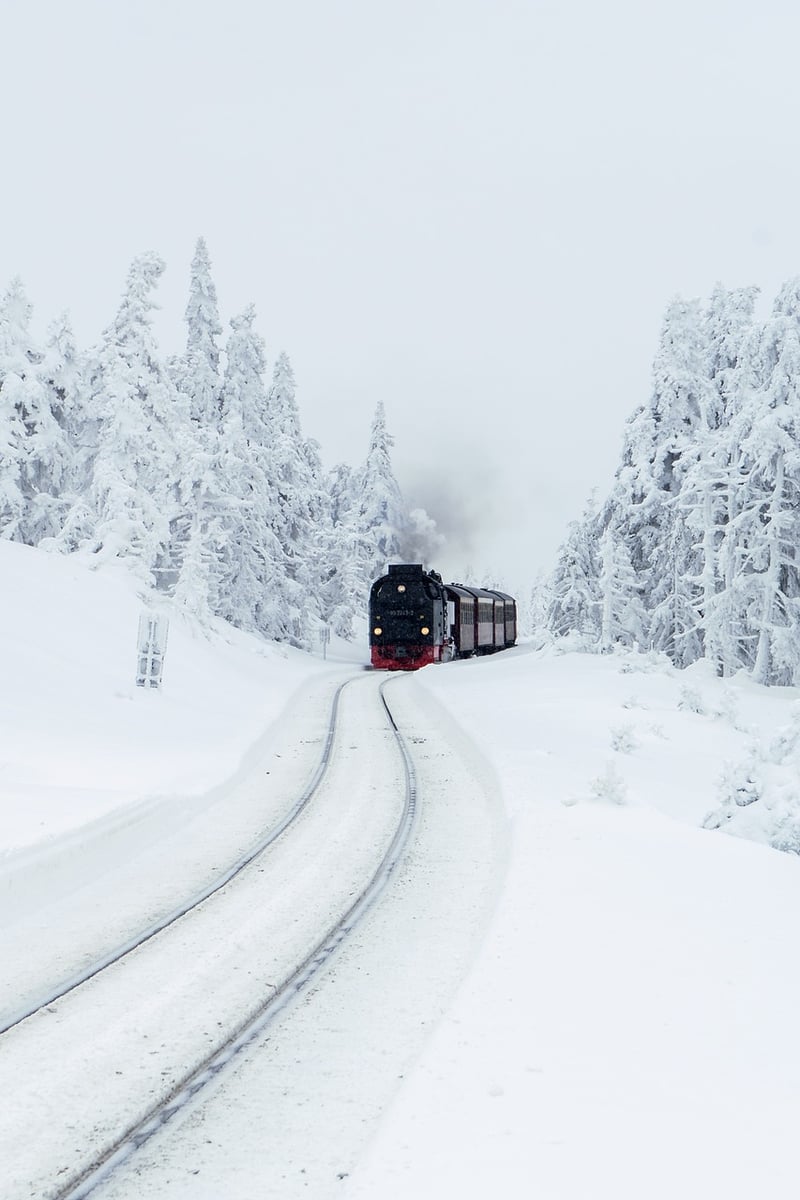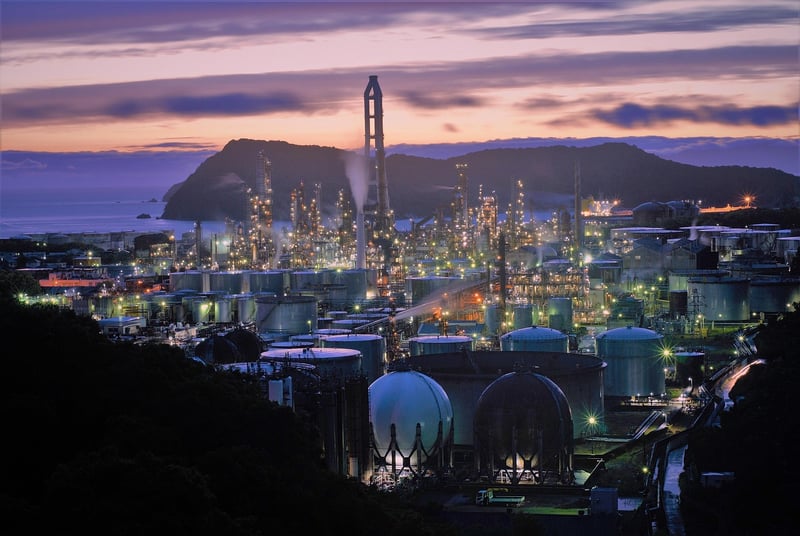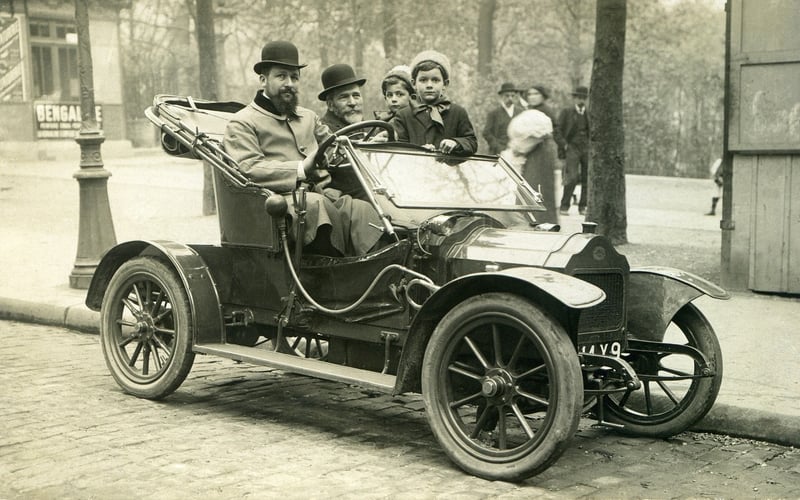Industrial Revolution
Exploring Pivotal Moments of the Industrial Revolution
The Industrial Revolution was a transformative period in history that reshaped economies, societies, and daily life around the world. This era saw the transition from agrarian and manual labor-based economies to industrialized and machine-driven production processes. Let's delve into some pivotal moments that defined this revolutionary period.
1. Invention of the Steam Engine
The development of the steam engine, notably by James Watt in the late 18th century, revolutionized transportation, manufacturing, and agriculture. Steam power enabled the mechanization of various industries, leading to increased efficiency and productivity.

2. Rise of Factory System
The establishment of the factory system marked a significant shift in production methods. Factories centralized manufacturing processes, bringing together workers and machines under one roof. This concentration of labor was a key characteristic of the Industrial Revolution.

3. Impact of Urbanization
Urbanization surged during the Industrial Revolution as people migrated from rural areas to cities in search of employment opportunities in factories. This mass movement of people led to the rapid growth of urban centers, with significant implications for living conditions and social structures.

4. Emergence of Railways
The development of railways revolutionized transportation and connectivity. Railways facilitated the movement of goods and people over long distances at unprecedented speeds, transforming trade, communication, and travel during the Industrial Revolution.

5. Labor Movements and Industrialization
The rise of industrialization also sparked labor movements as workers organized to demand better working conditions, fair wages, and labor rights. These movements laid the foundation for modern labor laws and regulations that continue to shape workplaces today.

These pivotal moments of the Industrial Revolution illustrate the profound impact of technological advancements, social changes, and economic transformations that characterize this period in history. Understanding these key developments is essential for grasping the legacy of the Industrial Revolution and its lasting influence on the modern world.
